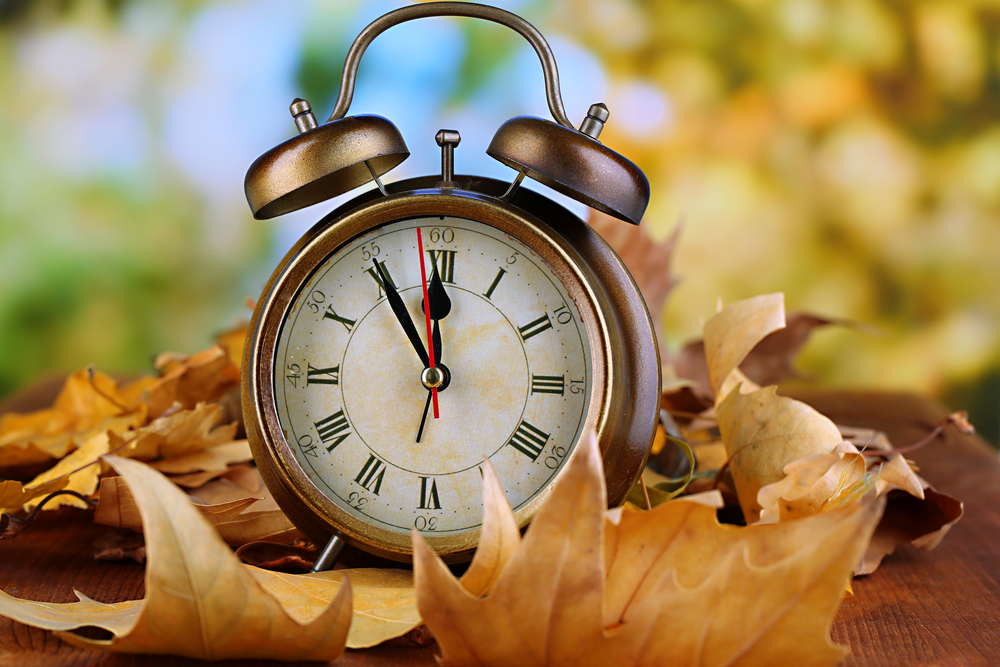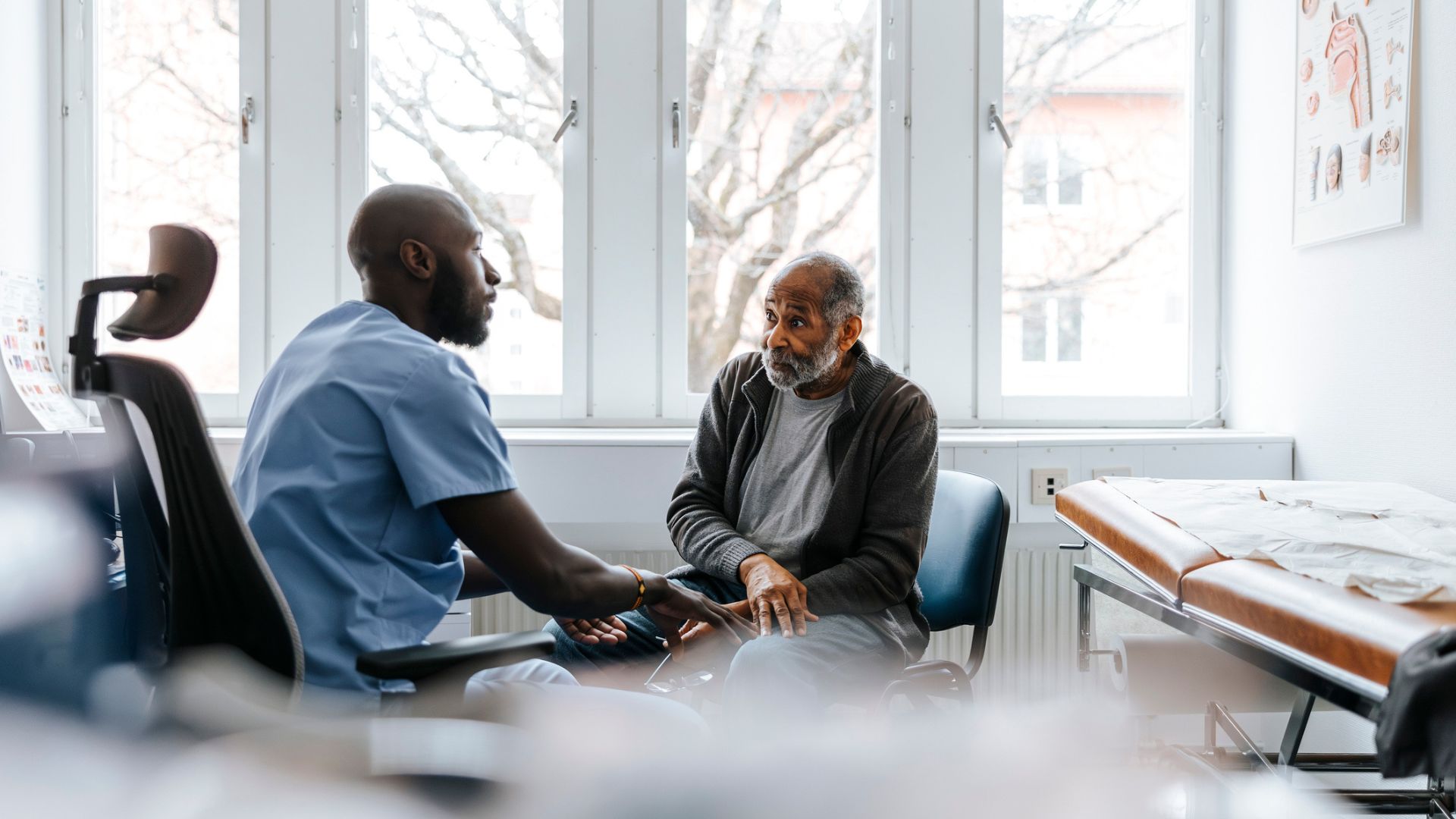Daylight Saving Crime: When Clocks Fall Back, Assaults Spike

Daylight saving time ends on Sunday, Nov. 5, which means most people in the U.S. will turn their clocks back an hour — but a new study finds that this extra bit of shut-eye may not be as beneficial as some may think.
In the study, researchers found that assault rates are higher on the Monday following the end of daylight saving time, compared with the next Monday.
And in the spring, the researchers observed the opposite: a decrease in assault rates on the Monday following the start of daylight saving time, compared with the next Monday, according to the study, which was published online in September in the Journal of Experimental Criminology.
Long-term sleep deprivation is commonly linked to higher rates of antagonistic or criminal behavior. However, researchers in the new study found that in the short term, losing an hour of sleep can have the opposite effect: After the start of daylight saving time in the spring (when we turn the clock ahead 1 hour), assault rates dropped by about 3 percent, according to the study.
In contrast, as people "fell back" and gained 1 hour of sleep, the average assault rate increased; it was 3 percent higher on the Monday immediately following the end of daylight saving time, compared with the Monday a week later, the researchers found.
"Sleep problems have previously been associated with increased antisocial and criminal behavior, so we were surprised to find that increased sleep [rather than decreased sleep] was associated with increased offending," study co-author Adrian Raine, a professor of criminology, psychiatry and psychology at the University of Pennsylvania, said in a statement. "This discrepancy is likely due to the fact that 40 to 60 minutes of lost sleep in one night is just not the same as months, or even years, of poor sleep."
In the study, the researchers analyzed crime data from New York, Chicago, Los Angeles and Philadelphia from 2001 through 2014. They compared assault rates on the Monday immediately following daylight saving time to the Monday a week later. Then, they repeated this when clocks returned to standard time in the fall.
Get the world’s most fascinating discoveries delivered straight to your inbox.
"In the spring, the day after we move into daylight saving time, there are more car accidents, greater stock market losses, more workplace injury, reduced test scores and higher suicide rates," senior study author Greg Ridgeway, an associate professor of criminology and statistics also at the University of Pennsylvania, said in the statement.
But a loss of sleep didn't have the same effect on crime rates. This may be because people are just too groggy to act on their aggression after losing that hour of sleep in the spring, the researchers suggested.
"You think, 'If I don't get a lot of sleep, I'm going to be cranky and angry.' You assume that's the way you would react," lead study author Rebecca Umbach, a doctoral student in criminology at the same institution, added. "Your intention is to act more aggressively, but your behavior does not reflect that, because you're tired. You're too lethargic and sleepy to act."
The researchers were unable to explain, however, the increased number of assaults following the end of daylight saving time, when people generally get more sleep. More research is needed to tease out this link.
Original article published on Live Science.
 Live Science Plus
Live Science Plus






